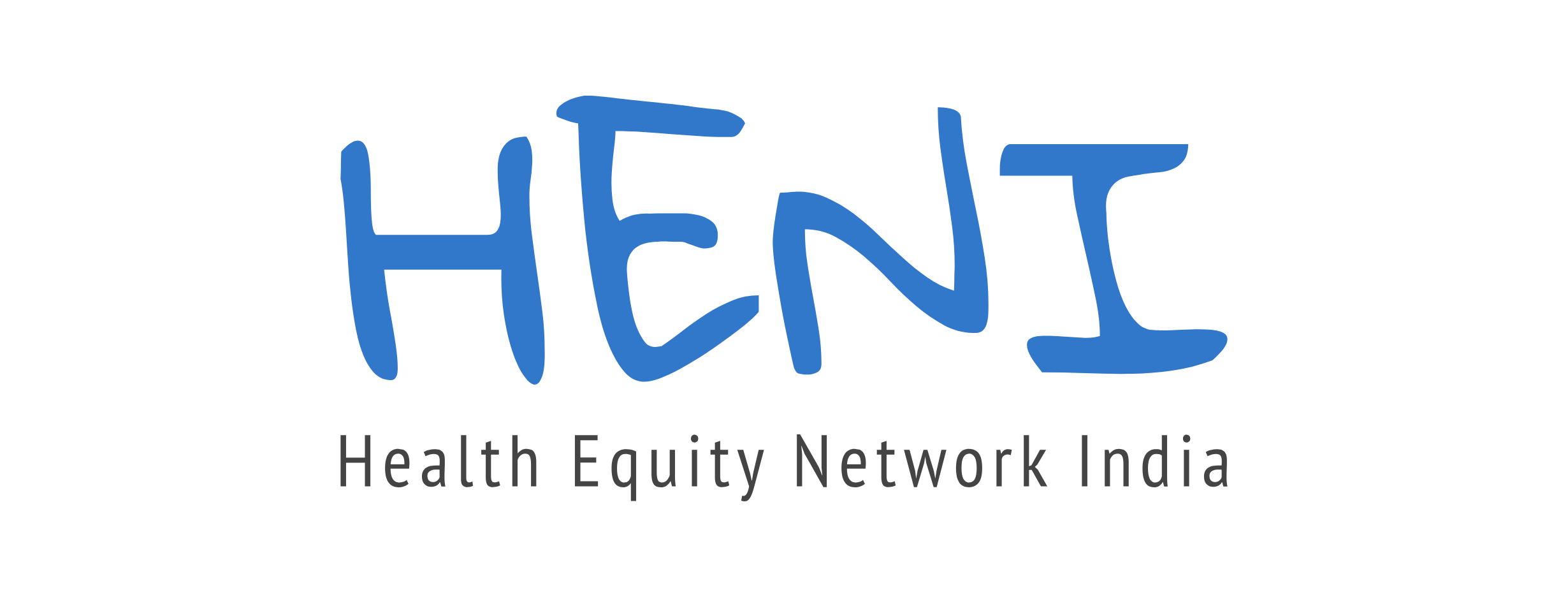Data protection can reduce the threat of cyber-attacks that could adversely affect your business and reputation. It’s important to understand the best practices for safeguarding your sensitive information and follow them. Any breach of your private information could lead to lawsuits or fines that may have long-term consequences for you or your business.
Password protection is essential for all your devices and files This simple action can stop hackers from gaining access to your information. Use complex passwords that combine numbers, letters and symbols. Change default passwords from vendors to more secure ones as quickly as you can. Make sure to use the most current anti-virus software and frequently perform a full security check of your PC and servers.
Do not send any sensitive or personally identifiable information via email. This includes Social Security Numbers, bank account numbers, passwords, etc. Email is not secure and could be accessed by unsympathetic parties.
Make sure your network and data are secure. Ensure that your computers, laptops, and portable storage devices are secured by using strong encryption when you send information to third parties and to protect the information on these devices. It is also essential to have a plan of responding to a cyberattack, including who to notify and how to respond (e.g. employees, customers, credit agencies).
Make sure you backup of all your data Keep offline copies of your critical data in different locations from the ones where your primary copies are kept. This can prevent attackers from gaining access to the primary copies of your data or from deleting them.
